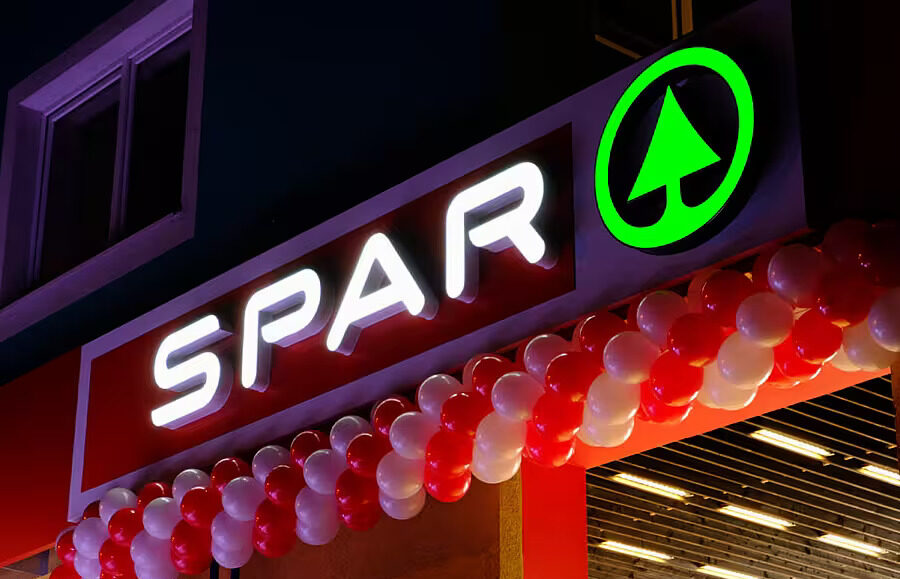Supermarket retailer Spar Group’s continuing operations revenue of R66.1 billion stayed constant in the first half of 2025.
The group’s operating margin remained steady at 2.2 percent, and its operating profit rose 1.6 percent to R1.5 billion, thanks to better cost control.
The 26-week period ending March 28 saw a 0.4 percent decline in headline profits per share from continuing operations to 450.1 cents.
Due to the continuous impact on consumer spending, wholesale turnover in Southern Africa rose by 1.7 percent to R49.9 billion.
Like-for-like sales jumped 1.6 percent, retail revenue climbed 1.9 percent, and combined grocery and liquor wholesale revenue increased by 1.1 percent.
Plans to stay competitive
After the first half’s results revealed flat revenue and a slight drop in earnings, Spar Group is trying to increase sales of its own-brand products, extend its on-demand delivery service, and widen its product list.
The grocery industry in South Africa has become more competitive due to price-conscious consumers seeking value, convenience, and unique items.
Shoprite, the market leader, and Woolworths, the leader in premium foods, keep competitors on their toes as they gain market share.
Angelo Swartz, Spar Group’s CEO, informed investors that the company’s growth prospects in Southern Africa were based on expanding its product line, utilising its collaboration with Uber Eats, and selling more private-label goods that provide consumers with price and quality while fostering brand loyalty.
“Our focus is firmly on returning to growth but doing so without sacrificing margin or sustainability,” she said.
Rollout of digital platforms for customer convenience
Additionally, the business is increasing its commitment to customer convenience by continuing to roll out digital platforms for on-demand grocery delivery.
Additionally, it stated that investments in facilities for pharmacist training are underway to support Spar Health’s expansion, with the goal of tripling the pharmacy network by 2028.
“Our focus is firmly on returning to growth but doing so without sacrificing margin or sustainability,” Swartz said, adding that the retailer was “operating in an undeniably challenging environment”.
According to the store, growth was supported by robust momentum in the lower-income client group.
The retailer said that Spar Switzerland and its UK companies, which are for sale, reported combined post-tax losses of R4.4 billion, including R4.2 billion in impairments.










